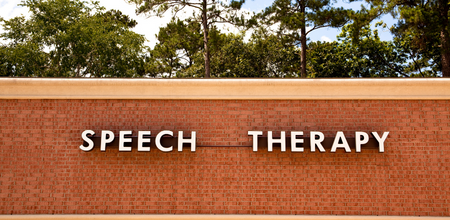Sleep Disorders and Thought Processing
Categories: Cognition - Thinking and Emotional Skills
What is the relationship between sleep difficulties and thought processing among individuals with traumatic brain injury?
Past Studies
Past Studies show that it is common for individuals to have problems sleeping following traumatic brain injury. Such individuals may have difficulty falling asleep or may have a hard time staying asleep. Individuals with “insomnia” experience a continual inability to sleep. Estimates vary for how many individuals experience sleep difficulties after traumatic brain injury, with reports ranging from 27% to nearly 73%. Sleep problems can interfere with an individual’s ability to process
This Study
This study included 87 individuals with mild, moderate, or severe brain injuries from one outpatient neurorehabilitation center. No members of this study group used sleep medications. The participants had difficulties with thinking skills, including the areas of memory, orientation, and learning new material (Level VI of the Rancho Levels of Cognitive Functioning Scale). The researchers evaluated most of the individuals with standardized assessments within the first three months following their injuries. The researchers identified 37% of the participants as having a sleep disturbance. The participants with mild brain injury reported more symptoms of sleep disturbance than did the individuals with moderate and severe brain injuries. The researchers found that individuals with sleep disturbances had the most intact thought processing and speed of thought processing. The researchers found that there appears to be a relationship between sleep disturbances and executive functioning– memory, thought flexibility,
Who May Be Affected By These Findings
Individuals with traumatic brain injuries, their family and friends, healthcare providers, and researchers.
Caveats
The researchers suggest that performance on tasks associated with executive functioning and speed of information processing may be a sign of the ability to be aware of and report sleep disturbances. It is common for individuals with severe brain injuries to be unaware of the extent of their symptoms. Therefore, they may experience similar sleep difficulties but underreport them compared to individuals with less severe injuries.
Bottom Line
In this study, many individuals with brain injuries reported experiencing sleep difficulties. Individuals who reported having sleep difficulties were most often individuals with mild brain injury and more intact thought processing.
Please take a moment to comment on the value of this abstract:
Click here to take a brief survey
Find This Study
Mahmood, O., Rapport, L.J., Hanks, R.A., & Flichtenberg, N.L. (2004). Neuropsychological performance and sleep disturbance following traumatic brain injury. Journal of Head Trauma Rehabilitation, 19, 378-390.





